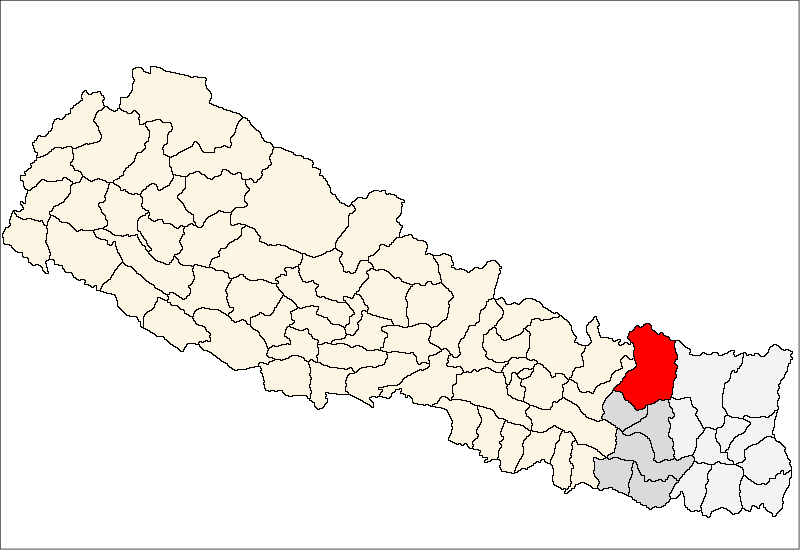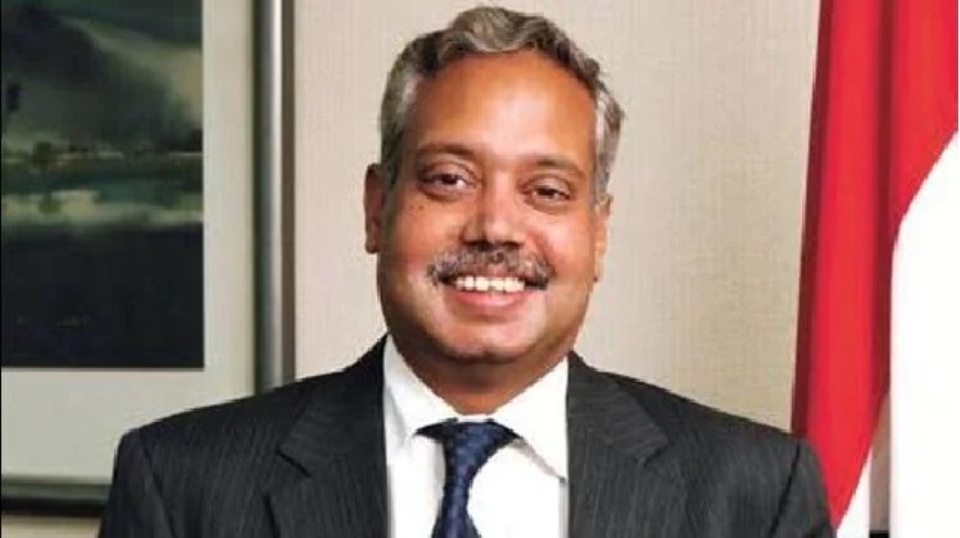
OR
NRB Governor defends 'liberal' Monetary Policy
Published On: July 30, 2023 06:15 PM NPT By: Republica | @RepublicaNepal

KATHMANDU, July 30: Nepal Rastra Bank (NRB) Governor Maha Prasad Adhikari has said the Monetary Policy for the current fiscal year came with a review of the overall existing scenario of the nation's economy.
"The Policy prioritizes a liberal approach in terms of the interests of bank loans when most of the banks in the world adhere to the right policy," he said.
In his address to the post-Monetary Policy discussions organized by the IBN Media here today, the Governor argued that there was a compelling ground to opt for a liberal economic policy.
The interest rate has been lowered from 7 percent to 6.5 percent. This liberal policy was taken upon analyzing the prevailing situation. One of the contributing factors for this reduction is the ease in liquidity, according to the Governor who said the Monetary Policy also aimed to uplift the real estate industry.
He went on to say that the Monetary Policy aims to keep the rise in FFIs credit to the private sector within the limit of 11.5 percent and limit inflation to 6.5 percent by pursuing 6 percent economic growth.
Stating that the NRB has set a target of recording credit disbursements worth Rs 562 billion and this target is not determined by the ambitious mindset, he said instead it is based on the analysis of monetary indicators. As he claimed, this figure is calculated based on the improvement in liquidity, reduced interest rates, the situation of remittance inflow and the programs to improve the expenditure of the government budget.
It may be noted that last fiscal year, BFIs credit to the private sector rose by 3 percent against the projection of 12.2 percent.
As the NRB states, the government's inability for capital expenditure as per the expectations, minimum economic growth and shrinking liquidity were major contributors to discouraging the expansion of credit disbursements.
On the same occasion, Sudurpashim former minister for economic affairs, Jhapat Bohora, advised the bank and financial institutions to practice self-regulation.
As he assessed, the new Monetary Policy rightly analyzed the existing economic situation and presented appropriate measures for improvement. He was of the opinion of opening an infrastructure development bank in each province when BFIs expanded credit disbursement for imports and trade.
Nepal Bankers' Association President Sunil KC said that if the Rs 562 billion target of loan disbursement was centered on production-based and small and medium-scale industries, it would contribute to improving the economy.
He said the provision to offer a fixed deposit collection facility at a lower interest rate corridor aiming to increase the effectiveness of interest corridors is positive.
The Monetary Policy includes the provision of bringing the micro stress testing framework in evaluating the quality of assets in the banking sector, reducing the credit risks, and assessing the possible pressure in the financial sector due to overall economic fluctuations, said KC.
"The monetary policy has accommodated issues like the facility of permanent deposit collection, bringing the micro stress testing framework and the development of the central consumer identification system that would associate the national identity card with the central consumer identity (centralized KYC) system," he said.
Former banker Analraj Bhattarai said the target of taking the shrunk credit growth rate to 11.5 percent from the previous three percent was ambitious. "The credit growth rate for the current FY cannot exceed 5.91 percent. The current liquidity situation cannot assist. We can assume that the Rastra Bank's target in the monetary policy is ambitious," he said.
He also cast his doubt over the achievement of the economic growth target set by the government.
NRB Executive Director Prakash Shrestha stressed the need for increasing the size of capital expenditures and stimulating the market to meet the target of loan expansion.
"We think that the credit growth rate can be inconsistent. But we have kept this rate optimistic. We think that there cannot be enough resources to achieve this credit growth rate. But the Rastra Bank believes that the government should spend capital as per the target, which may increase the demand for loans by energizing the market," he said.
The flexible policy taken by the Rastra Bank for the recovery of the slowed down economy due to COVID-19 has had an impact on other indicators of the economy and other sectors, he viewed.
Loan investment in the domestic economy and the production sector could give room for the additional credit expansion. But the use of credits in importing goods could invite more problems, he cautioned.
Economist Bishwas Gauchan said although credits in the private sector have been increasing lately, the results have not been seen yet. "Loans should not be increased in the unproductive sector like real estate. Decrease in the imports now is not the result of increase in domestic production but the restrictions in the whole demand. Results in the economy can be seen through loan increments only in the productive sector."
In the situation wherein the credit expansion is centralized, and only big businesspersons have got access to credits, economist Kalpana Khanal stressed the need for decentralizing the credit expansion.
(RSS)
You May Like This

NRB asks BFIs not to alter interest rates of loan without discussing with borrowers
KATHMANDU, Dec 16: Banks and financial institutions (BFIs) have been barred from altering their interest rates on fixed-rate loans without receiving... Read More...

NRB directs BFIs to provide 2% discount on interest
KATHMANDU, April 29: Nepal Rastra Bank (NRB) has directed the banks and financial institutions to provide a two percent discount... Read More...

NRB allows BFIs to deduct subsidized loans in CCD ratio
KATHMANDU, Nov 29: Nepal Rastra Bank (NRB) has taken a flexible policy for commercial banks in terms of calculation of their... Read More...





Just In
- Govt to provide up to Rs 500,000 for building houses affected by natural calamities
- China announces implementation of free visa for Nepali citizens
- NEPSE gains 14.33 points, while daily turnover inclines to Rs 2.68 billion
- Tourists suffer after flight disruption due to adverse weather in Solukhumbu district
- Vote count update: NC maintains lead in Ilam-2
- NAC's plane lands at TIA after its maintenance in Israel
- Indian Ambassador assures of promoting India's investment in Nepal
- Freak accident involving self-made pistol leaves young man injured in Banke














Leave A Comment